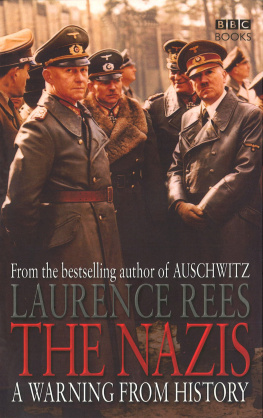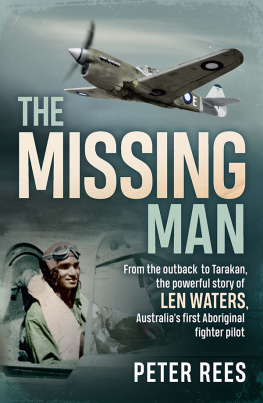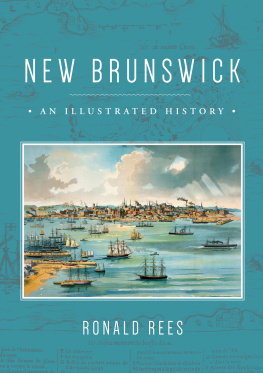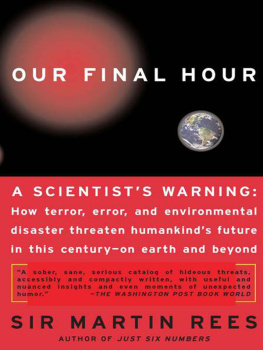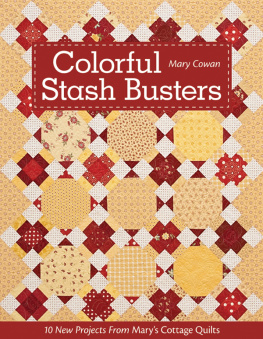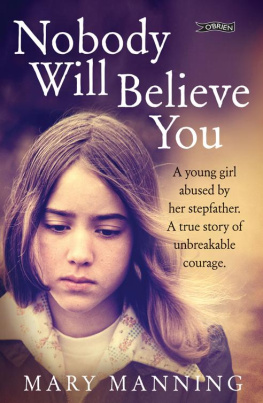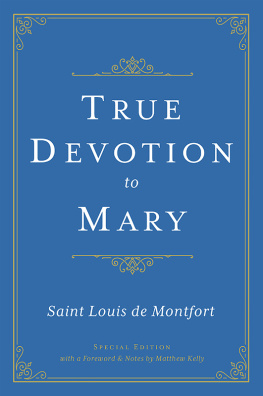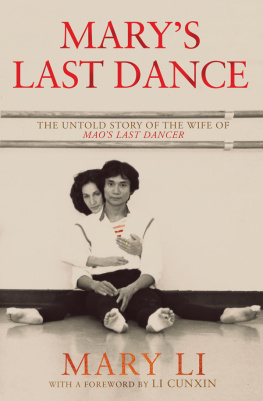.
Bloomsbury Publishing, London, Berlin and New York
First published in Great Britain in 2002 by Bloomsbury Publishing Plc
36 Soho Square, London, W1D 3QY
This electronic edition published in April 2010 by Bloomsbury Publishing Plc
Text copyright Celia Rees 2002
Map illustration Eleanor Taylor 2002
The moral right of the author ahas been asserted
All rights reserved
You may not copy, distribute, transmit, reproduce or otherwise
make available this publication (or any part of it) in any form, or by any means
(including without limitation electronic, digital, optical, mechanical, photocopying,
printing, recording or otherwise), without the prior written permission of the
publisher. Any person who does any unauthorised act in relation to this publication
may be liable to criminal prosecution and civil claims for damages
A CIP catalogue record for this book is available from the British Library
ISBN 978 1 4088 1036 1
www.bloomsbury.com
www.celiarees.co.uk
Visit www.bloomsbury.com to find out more about our authors and their books
You will find extracts, author interviews, author events and you can sign up for
newsletters to be the first to hear about our latest releases and special offers
g
For Terry and Catrin, who came with me
.
Also by Celia Rees
.
Witch Child
Sorceress
Sovay
g
g
INTRODUCTION
This volume follows on from the remarkable collection of documents, known as The Mary Papers . These were found hidden inside a quilt dating from the colonial period and identified as the diary of Mary Newbury, a fourteen-year-old girl, forced to flee from England in 1659 after witnessing her grandmothers execution for witchcraft. The diaries went on to describe her subsequent journey to America and her life there in a Puritan settlement. Marys account of her life ends in mid sentence, when she is forced to leave the settlement or meet the same fate as her grandmother.
Apart from a page or two added in a different hand, the diary ended there, and with it what we knew of the story of Mary Newbury. Even before transcription was completed, I knew that I wanted to know more about Marys subsequent fate. Many people responded to my email appeal and I would like to thank all the correspondents who have helped me to piece together the histories of many of the people Mary encountered. I have tried to incorporate as much of this information as possible into the text; where there is too much to include, I have supplied end notes. This book is, however, primarily Marys story and she proved to be the most elusive person of all. So finally, I have to thank Agnes Herne and her aunt, Miriam Lazare, who found her for me. Without their help this book would never have been written.
Alison Ellman.
The Institute, Boston, MA.
g
Mary: Massachusetts, November 1660
If I am a witch, they will soon know it. I had never ill-wished anyone but as I fled Beulah anger and hatred clashed together, sparking curses like steel striking flint. I had done no wrong, so why was I forced to run like a fugitive? My accusers, Deborah Vane and the other girls, they were the guilty ones. Even as they denounced me as a witch, their eyes gleamed with scheming malice. The madness twisting their faces was counterfeit. Who could not see it? Them thats blind and will not see. My grandmothers words came to me. She was a wise woman, but her wisdom brought her nothing but sorrow. She ended her life on the hanging tree, and now the same fate awaited me.
They searched, and that most diligently. I cowered in Rebekahs borning room, thinking to be safe for a little space, but they demanded entry even there, with voices ringing loud with right and duty. Only Martha stood against them, standing up to Reverend Johnson as brave as a robin before a striking hawk. They went away reluctantly. I tracked them searching through the rest of the house, moving from one room to the next, their heavy tread freighted with hatred.
I got away, but they searched for me still. I heard them hallooing through the woods, saw their torches, tiny bonfire sparks in the blackness. I heard the dogs baying and yelling. Dogs run faster than men.
Snow started falling soon after I fled the town, icy pellets seeding the wind. It began to come thick, ever more whitening the ground, making it easier for the dogs to pick me out. The first to come upon me was old Tom, Josiah Cromptons hunting dog. Hes a gaze hound, hunting by sight. Old Tom came leaping out of the brush towards me and threw back his long bony head, making a sound deep in his throat, somewhere between a yelp and a swallowed bark of triumph. This brought the other dogs tumbling to him. They stood ringed about, tongues lolling, eyes bright.
They had me cornered. I backed against a tree and stared at them, waiting for them to spring. Tom crept nearer, the others following, the circle tightening, then he stopped. He stood, head inclined, his short ears cocked as if harking to some sound. The mens shouting was nearer now. I thought that was what he was hearing and that at any minute he would commence barking, but he did not. He gave me one last look, wheeled round and made off with all the others streaming after him in a raggle-taggle mob.
The baying and yelling thinned to nothing. Tom had led the hunt away from me. I was alone again in the forests frosty silence. I thought to run on, but tiredness overcame me. I sank down, leaning my back against the trees rough bark, thinking to gather what strength I had.
I have been here ever since. The snow is still falling, drifting through the air and making no sound, feathering across my cheeks like angel fingers, weighting my eyelids, settling upon me, covering me like a counterpane filled with the finest down.
I feel no cold, but I cannot move. My limbs have no feeling in them. To sleep is to die, I know that, but I cannot keep awake. Sometimes I almost hope that they might come back this way, that they might find me, but I dismiss the thought as soon as it arises. Id rather die here than be taken. Id rather freeze to this tree than be hanged.
g
Boston, Massachusetts, April, 20:00, present day
Agnes fell forward, cracking her head sharply on the glass. The saver jarred and jerked, just for a second, then the screen went black and she was looking at her own face staring back, eyes dilated by more than the pain in her forehead. What had that been? Vision or dream? She was cold, she was freezing. Her fingers were bloodless and withered, the nails blue. She looked to the window, expecting to see snow falling, but there was nothing. The sky was a clear evening blue.
Whatever had just happened was as real as any experience of her own, anything that she had ever known. She could not stop shivering. She got up and dragged the quilt off the bed. The quilt was serviceable as well as beautiful, a bright Lone Star, Aunt Ms farewell gift to her. Agnes gripped the edges tight, wrapping it close around her, but still she could not get warm. Teeth chattering, she went to the window, opening it on to the square below. Sodium street lights were coming on, bronzing the leaves on the trees. Across the way, desk lamps were beginning to show in the windows of rows of little rooms just like her own. She closed the window and in the gathering darkness she shifted her focus, making the glass into a mirror, and stared at the face staring back at her.
She put her hand up, sweeping back her jet-black hair. She wore it long, past her shoulders. She was only eighteen, but already a few silver hairs were threading down from the parting. She would have a white streak there, just as her aunt had, and her grandmother before her. She frowned, thick dark brows drawing down. The eyes beneath were grey, rimmed with black. Unusual, particularly in her family. The colour of her eyes and her faraway gaze had caused her grandmother to name her Karonhisake, Searching Sky.
Next page

